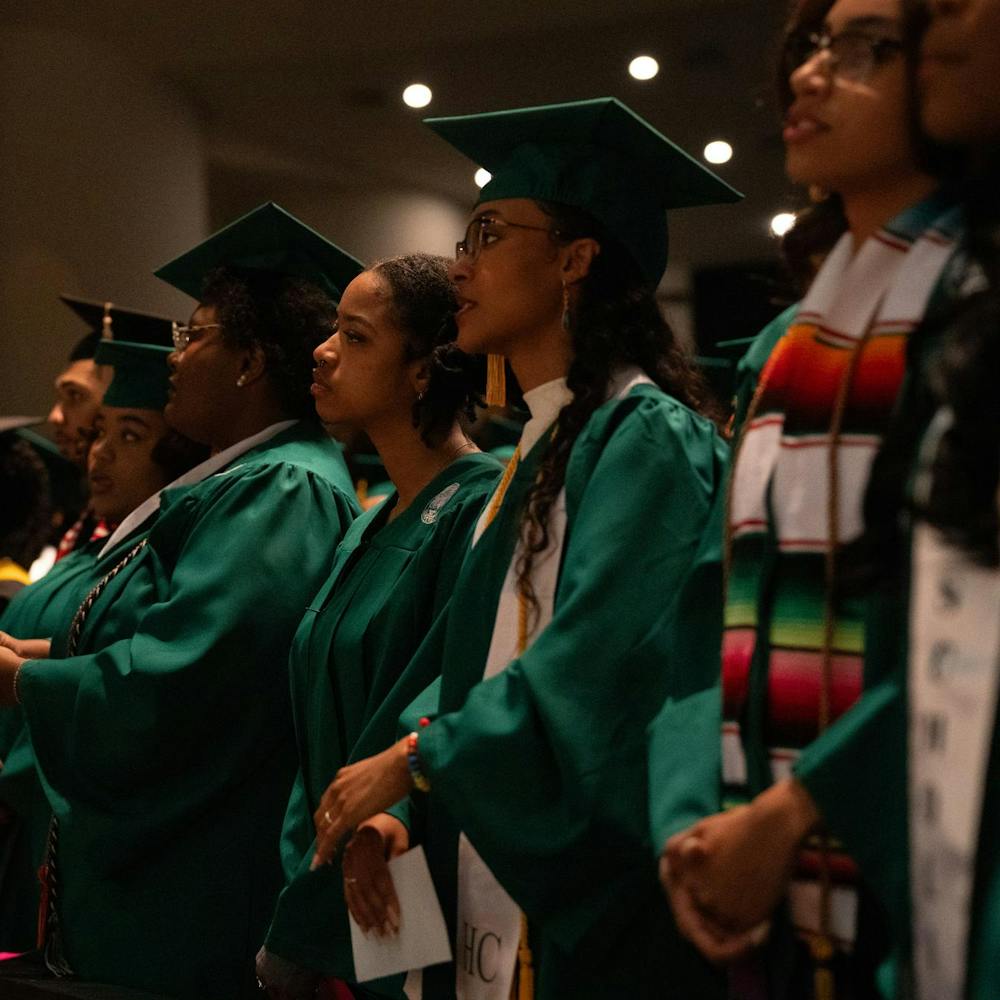The debate concerning school vouchers has grown more prominent with the appearance of an initiative on the ballot this fall.
Michigan is not the first state to propose a policy involving school choice. The policy would allow parents to receive funding from the state government in order to send their children to other schools outside of their assigned district.
Elementary and secondary schools should be patterned on the successful university system in the United States.
Vouchers provide funding for children just as governmental loans and grants do for college students. The competition among American universities forces them to improve facilities, curricula and the quality of faculty.
If they don’t improve, universities risk declining enrollments and consequently revenues from tuition, fees and so forth. Therefore, they become less and less competitive because of a lack of funds to invest in future improvements. Competition induced by the availability of vouchers will force school administrators and teachers to improve their schools or lose their students to others that did improve. Just as a college applicant from Michigan is not forced to attend the closest university to his or her home or the one that a state bureaucracy has mandated for that student, an elementary or secondary student should not be forced to attend a school for the same reasons.
The fact that every year tens of thousands of students from all over the world choose to enroll at American universities strongly states the strength and success of the higher educational system in the United States.
The root of the decrepit and failing American public school system lies in its monopolistic structure. Only those parents willing and financially able to pay tuition for private schooling have an alternative to sending their children to an inferior, poorly operated or dangerous public school.
Many parents cannot afford to pay private school tuition because of the taxes they pay to the state and local governments to fund the public schools. Consequently, most parents have no choice but to send their children to public schools. Vouchers would return money to tax-paying parents so they can seek out more suitable schools for their children instead of leaving that decision to indifferent bureaucrats or simply to chance.
As with all monopolies, consumers suffer from the lack of choice available and lack of bargaining power. One needs only look at the situation involving the federally guaranteed monopoly of the United States Postal Service. The postal service’s rates continually rise yet service remains slower than its private competitors. Unfortunately, federal laws severely restrict any attempt by a private company to provide mail delivery service. Limiting the possibility of upgrading the education of a child to only those wealthy enough to do so sadly parallels this example for far too many families.
Teachers’ unions are among the most ardent opponents of school choice. They are terrified of the concept of competition among schools. Competition would force teachers to truly educate students in subjects that matter. Parents would be able to send their children elsewhere if a school’s teachers were not performing their duties in an acceptable fashion.
Those teachers who wanted to have a job with little to no accountability for their failure to accomplish anything other than collect a paycheck would be pushed into properly teaching their students or resigning. Others who exploit their positions for indoctrinating their students into the politically correct, neo-socialist and secular humanist agenda of the teachers’ unions would be pressured to adhere to factual educational courses of study or resign.
School administrators would have a strong incentive to keep the best teachers and rid their schools of those who do not measure up to high standards. They would retain competent teachers out of fear of losing students of concerned parents to other schools. Opponents of school choice often state that a government would be funding religious organizations by allowing parents to use vouchers to attend private schools with religious affiliation. The opponents often resort to the completely erroneous and baseless “separation of church and state” cliché; the fact that no such statement exists in the United States Constitution or in any federal law does not stop them from saying such nonsense.
However, not all private schools are affiliated with a religious denomination. Secondly, the federal government has been providing money for students to attend Catholic, Protestant and other religiously affiliated universities in the form of Pell Grants, Stafford Loans and other forms of financial aid. The fear of anti-Christian bigots that children will be educated by people with moral and religious convictions should not prevent children from receiving a quality education, regardless of whether the school is tied to a religious organization or not.
Opponents of school choice claim that it would kill the public school system. If that would occur, public schools would only cease to exist if their administrators refused to find ways to operate their schools more efficiently and to teach their students appropriately. American public school students routinely finish at or near the bottom of rankings of knowledge of mathematics and sciences of all industrialized countries.
It would be no great tragedy if this system that continuously failed to educate its students thoroughly collapsed.
John LaFleur, State News community columnist, can be reached at johnclafleur@lycos.com.






